Whistleblower walks free: Wikileaks founder Assange freed after US plea deal
WikiLeaks founder Julian Assange has been released from a high-security British prison after he reached a plea deal with the US authorities that ends his 12-year legal battle and allows him to return home to Australia.
“Julian Assange is free,” Wikileaks said in a statement posted on social media platform X on Monday.
According to the statement, Assange left Belmarsh prison on Monday morning before being bailed by the UK High Court and boarding a flight and departing the UK that afternoon.
“This is the result of a global campaign that spanned grass-roots organizers, press freedom campaigners, legislators and leaders from across the political spectrum, all the way to the United Nations,” the statement said.
His plane landed in Bangkok on Tuesday, en-route to Saipan in the Northern Mariana Islands, a US territory in the Pacific Ocean, where he will appear at a court on Wednesday.
Under the plea deal, Assange agreed to plead guilty to a single charge of conspiring to obtain and disclose classified US national defense documents, according to filings in the US District Court for the Northern Mariana Islands.
In return, he will be sentenced to 62 months of time already served.
The hearing and sentencing together will take place in Saipan as Assange has refused to travel to the US mainland. Afterwards, he will return to Australia, according to the Wikileaks.
“Words cannot express our immense gratitude to YOU – yes YOU, who have all mobilized for years and years to make this come true,” his wife, Stella Assange, said in a post on X.
‘Harmful legal precedent’
Many press freedom advocates, however, have noted that criminally charging Assange represents a threat to free speech.
“While we welcome the end of his detention, the US’s pursuit of Assange has set a harmful legal precedent by opening the way for journalists to be tried under the Espionage Act if they receive classified material from whistleblowers,” Reuters cited Jodie Ginsberg, CEO of the Committee to Protect Journalists, as saying.
Assange, an Australian citizen, spent five years at the high-security Belmarsh Prison in southeast London, while fighting extradition to the United States, where he faced 18 criminal charges.
He faced prosecution in the United States over an alleged conspiracy to obtain and disclose secret military and diplomatic files in 2010 relating to the US wars in Afghanistan and Iraq.
Before going to prison, Assange spent seven years holed up in Ecuador's London embassy to avoid extradition to Sweden, where he faced accusations of sexual assault which were later dropped.
He was eventually arrested on April 11, 2019, when Ecuador revoked his asylum.
WikiLeaks came into limelight in 2010 when it released hundreds of thousands of classified files and diplomatic cables.
In 2010, the Australian national published a series of leaks provided by US Army intelligence analyst Chelsea Manning, including about 750,000 classified military and diplomatic documents related to the Iraq and Afghanistan wars which exposed the US military's crimes in these countries.
Assange’s prosecution has been widely criticized by press freedom and human rights groups who say that the journalist was being targeted for unveiling West's crimes in Iraq and Afghanistan.

Most Americans oppose Trump's plot to ‘take over’ Gaza: Poll
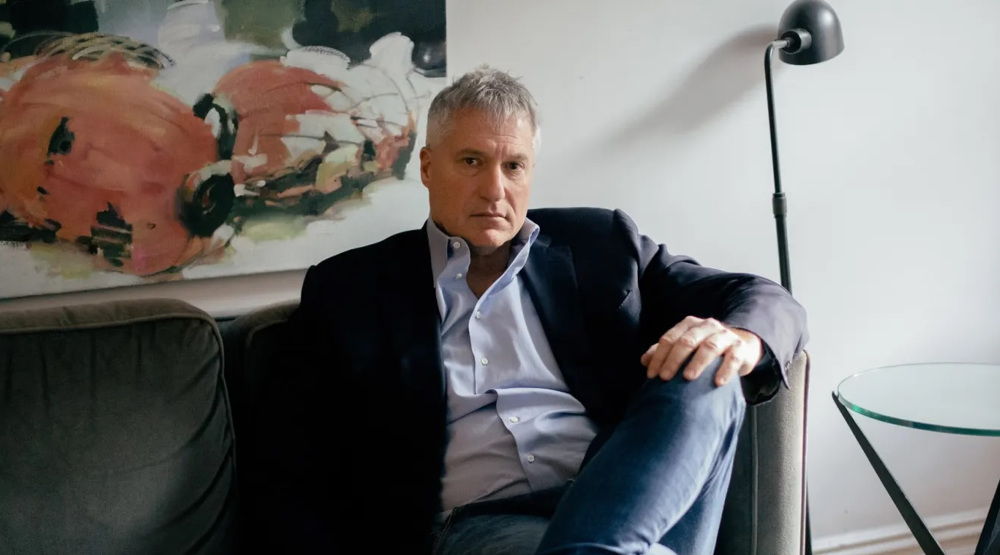
Israel killed at least 360,000 Palestinians in Gaza: Renowned American attorney
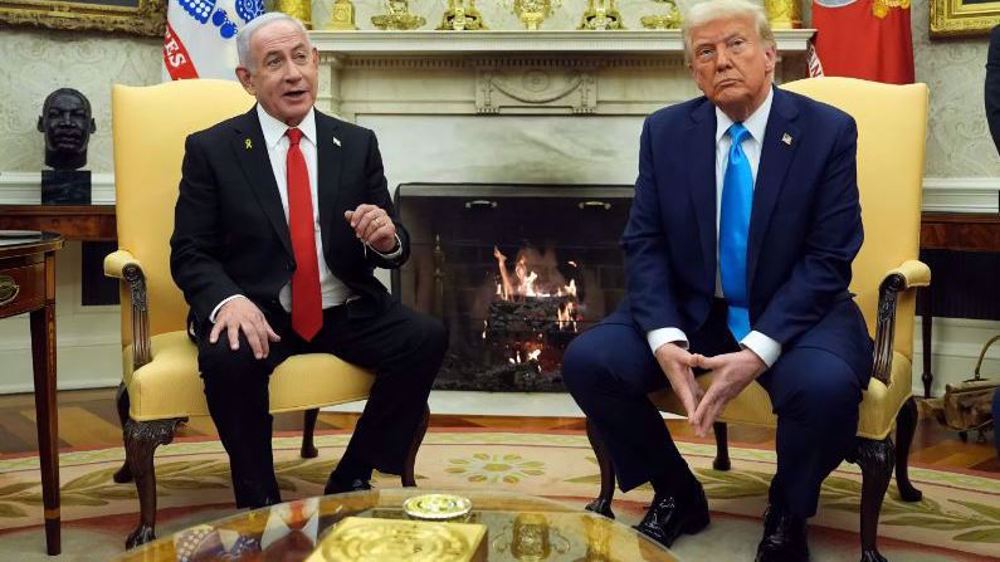
Trump’s ICC sanctions eroding ‘never again’ legacy of Nuremberg: UN expert
Hamas says ready to free all Israeli captives at once in phase two of truce
Israel kills one, injures two in southern Lebanon: Media
‘Colonial powers’ have no right to determine fate of Palestine: Qalibaf
Explainer: Why are MK-84 2,000-lb bombs approved by Trump for Israel so deadly?
President Pezeshkian: Iran, Qatar opening new avenues for cooperation
VIDEO | Displaced return home despite destruction
IRGC unveils new homegrown smart missiles, drones drill
Iran launches project to extract, purify helium from natural gas


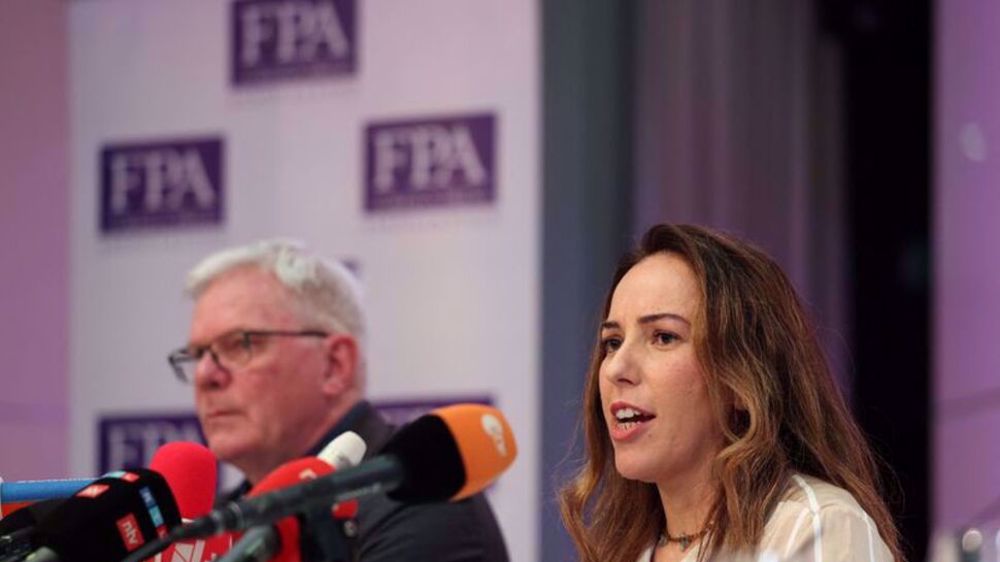



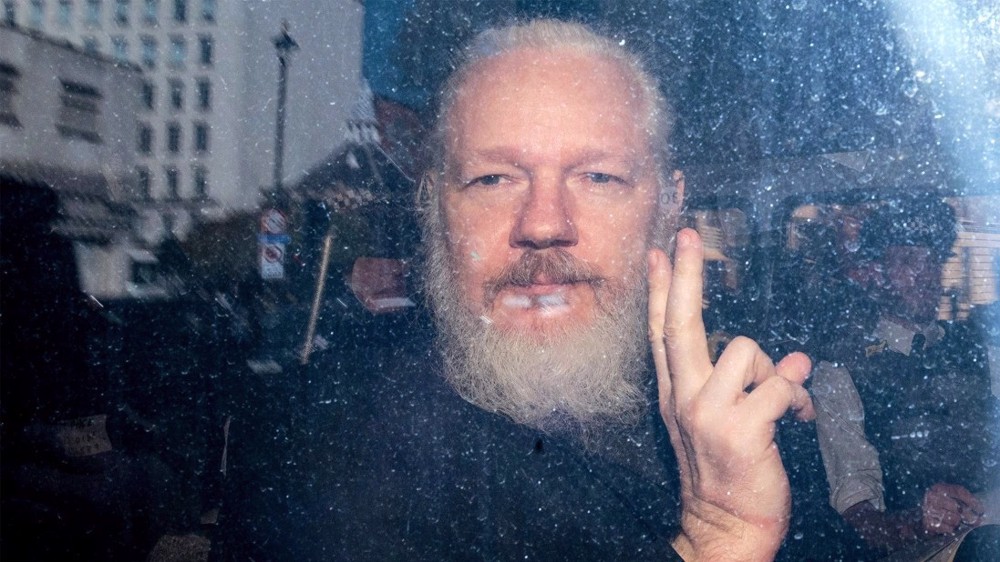
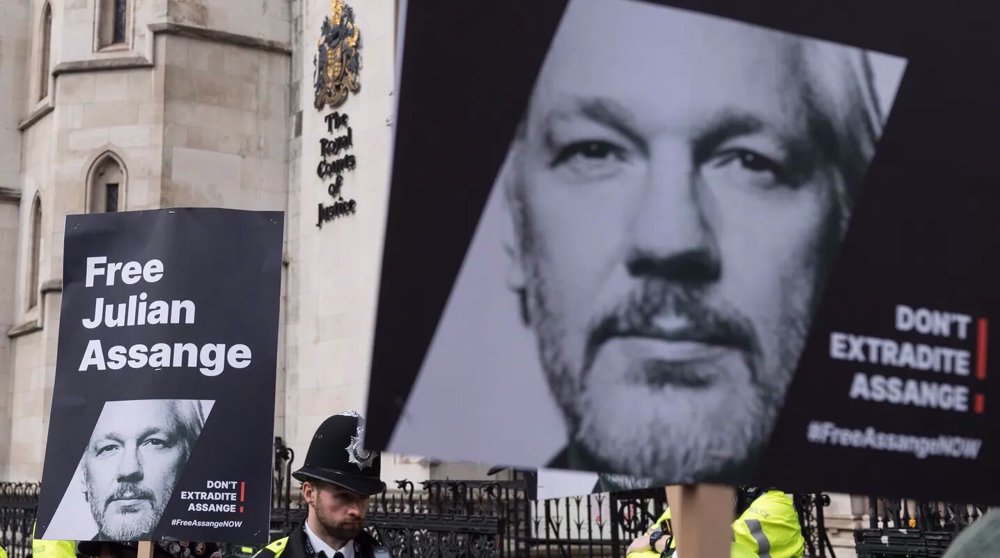
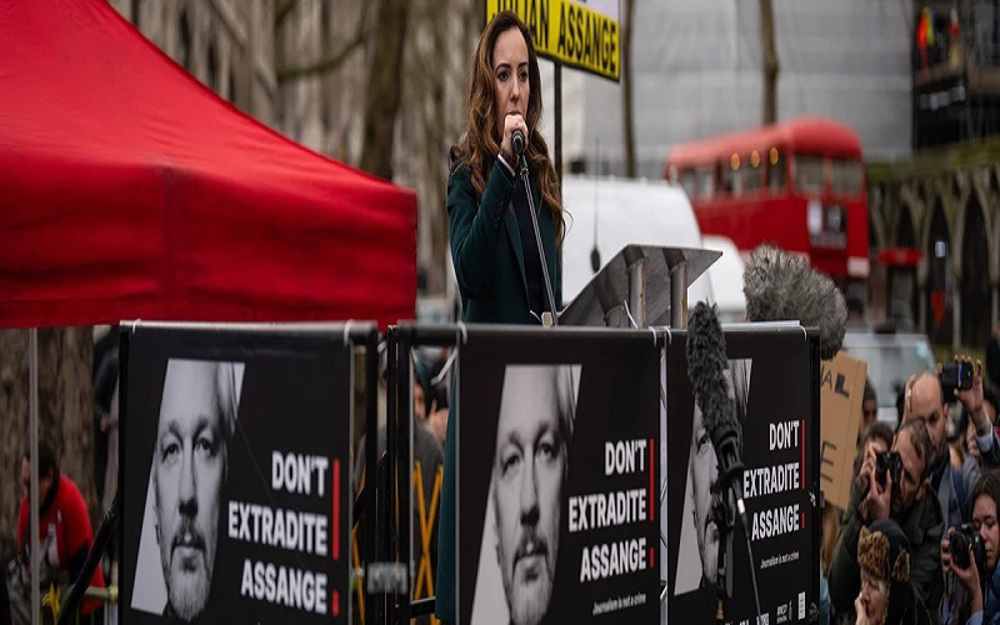

 This makes it easy to access the Press TV website
This makes it easy to access the Press TV website